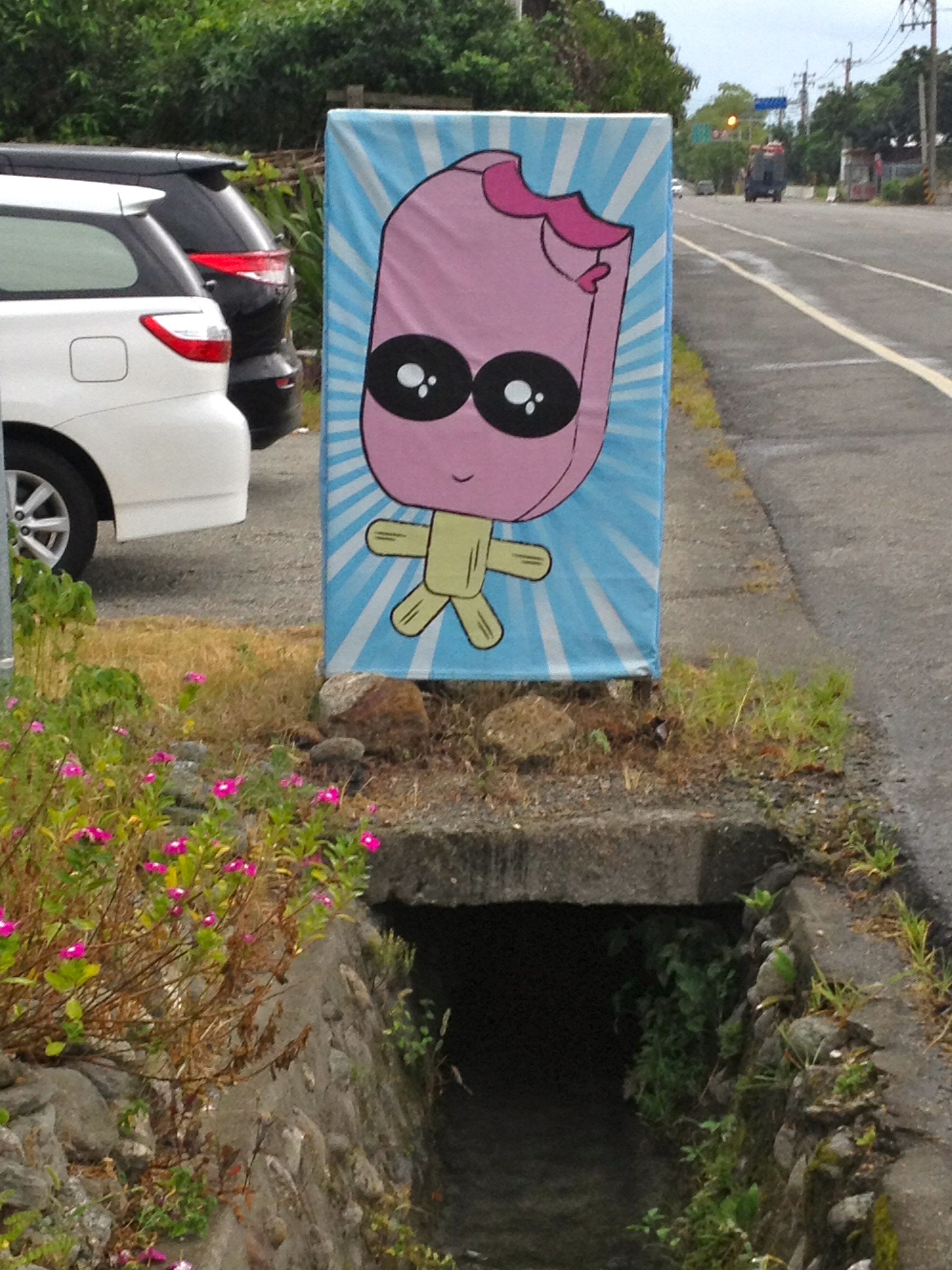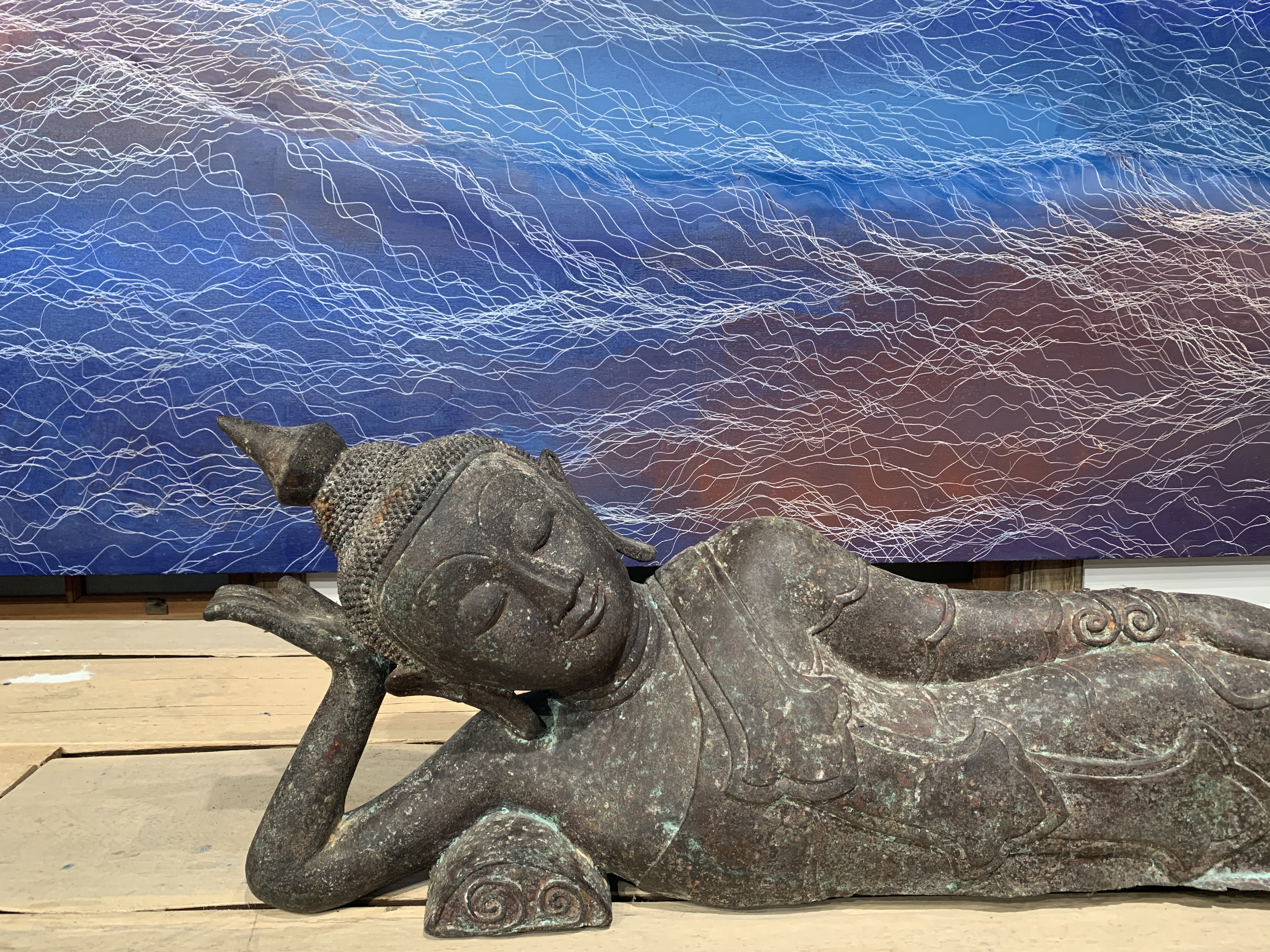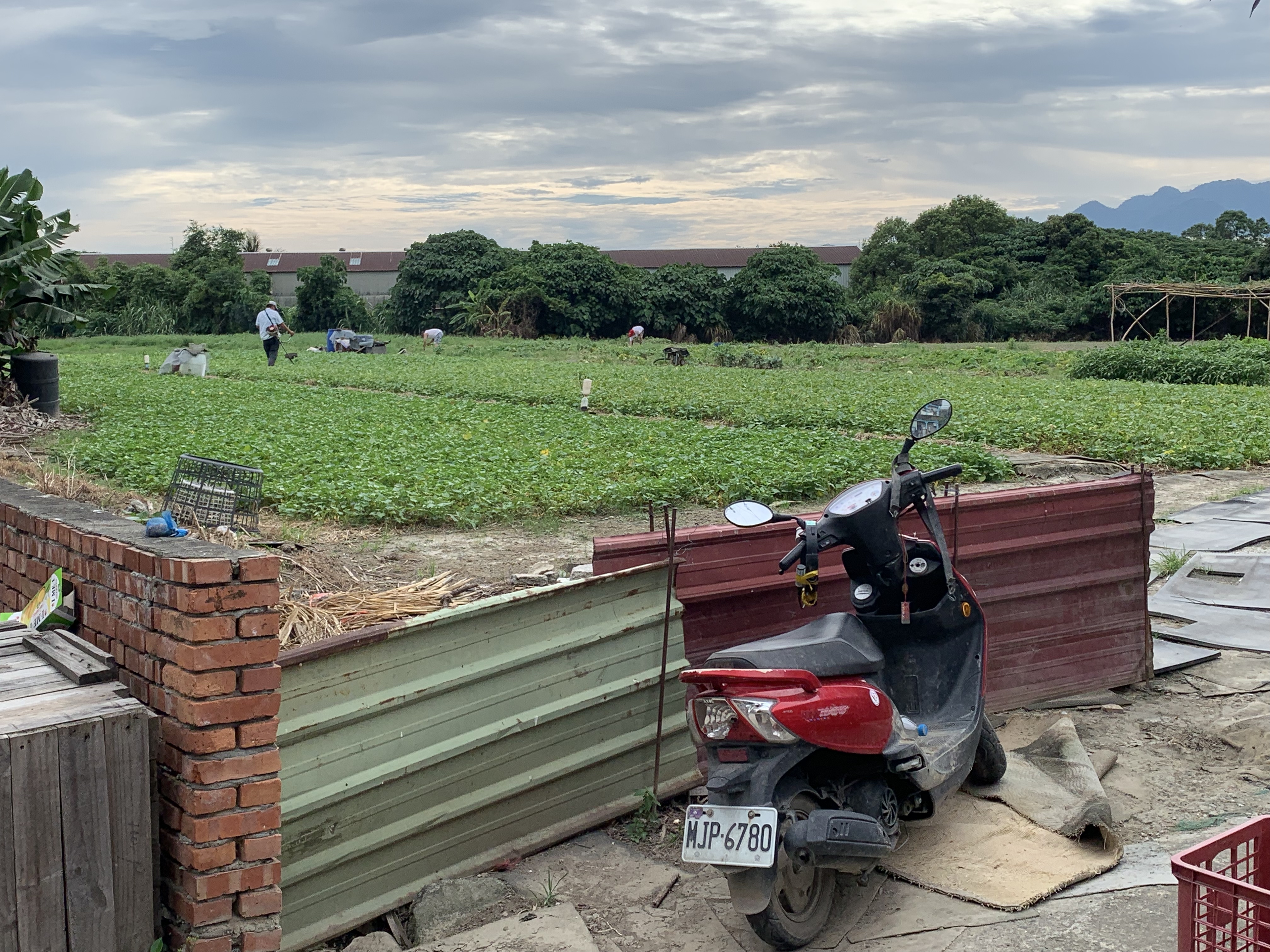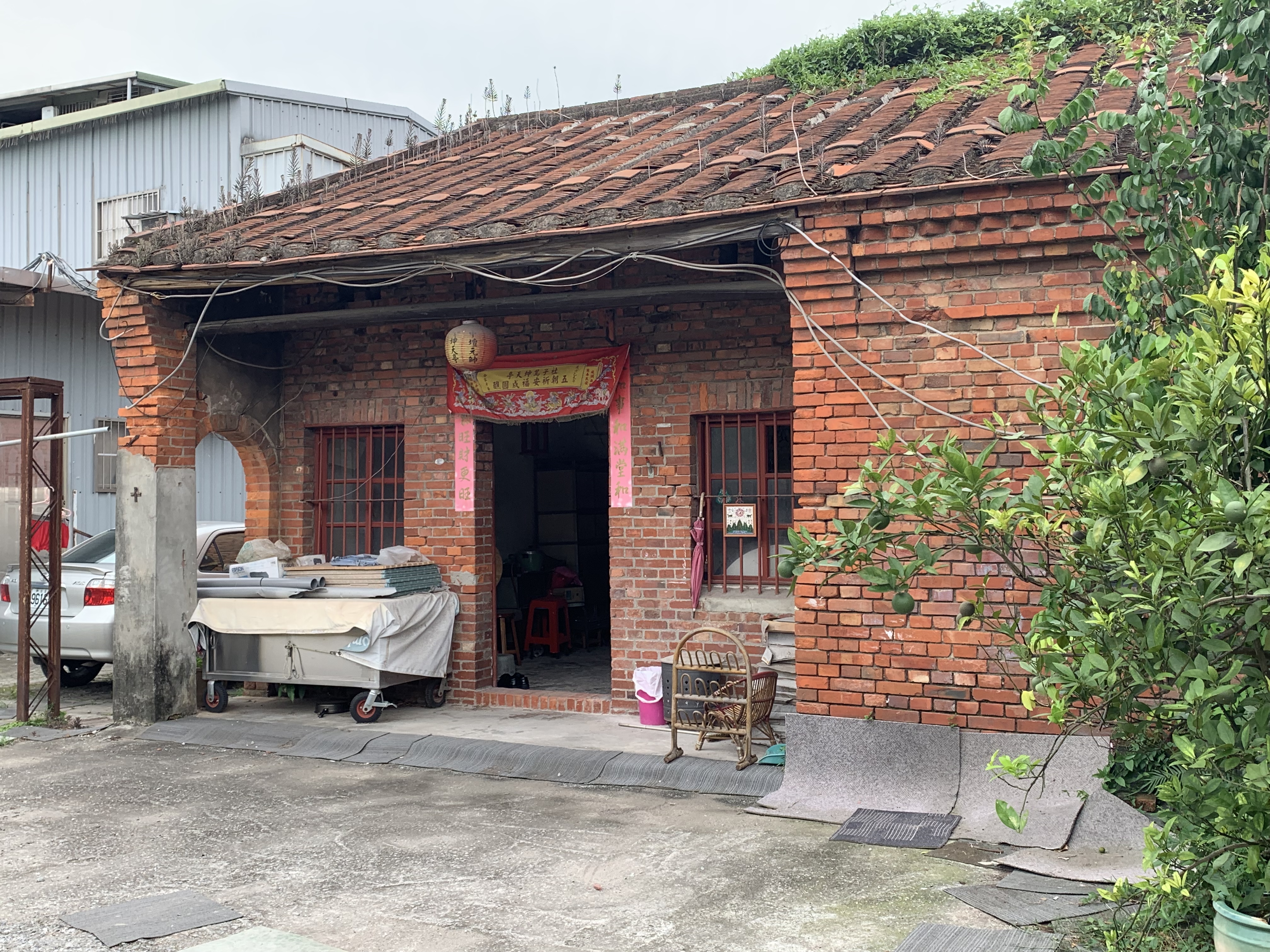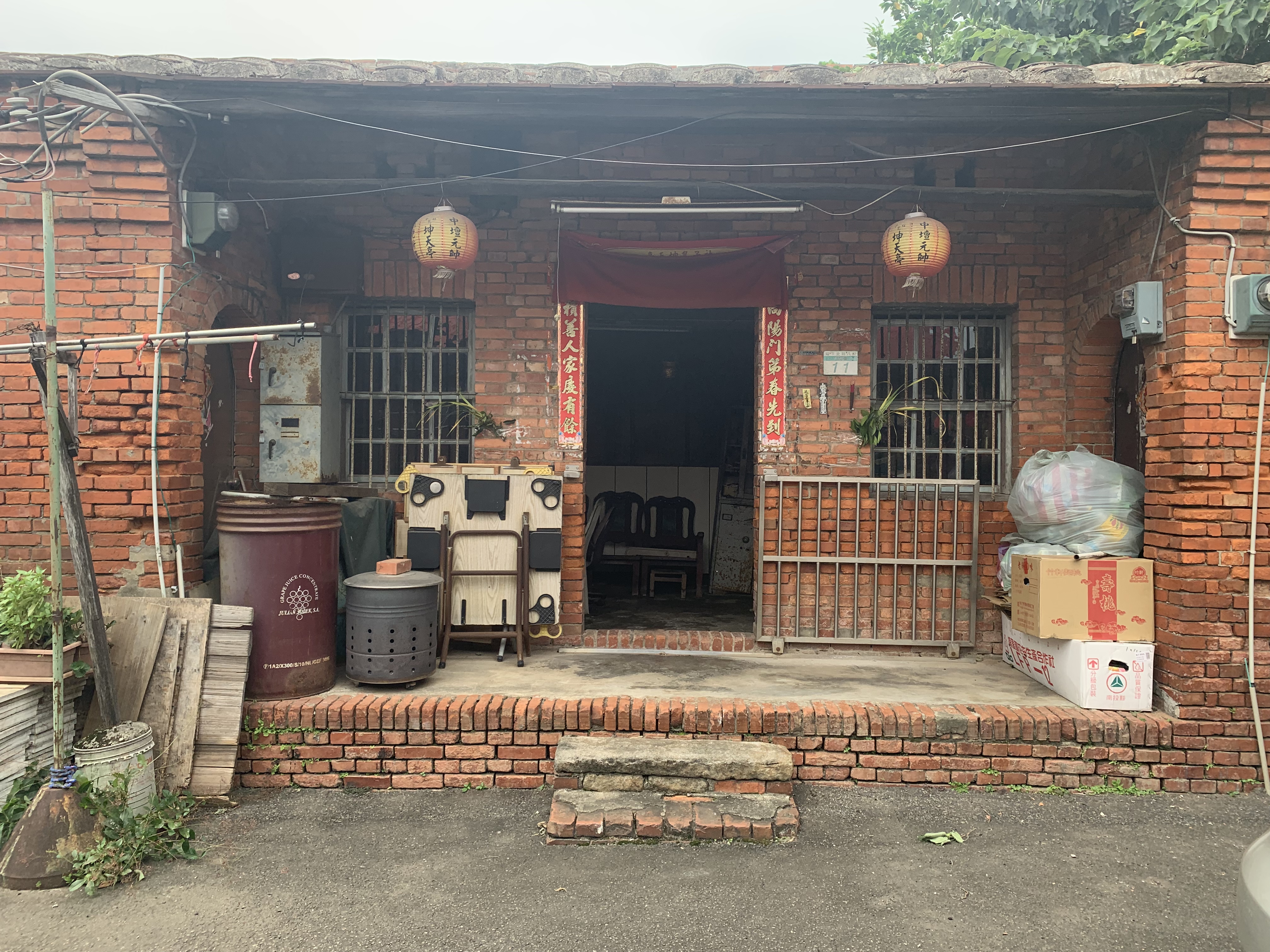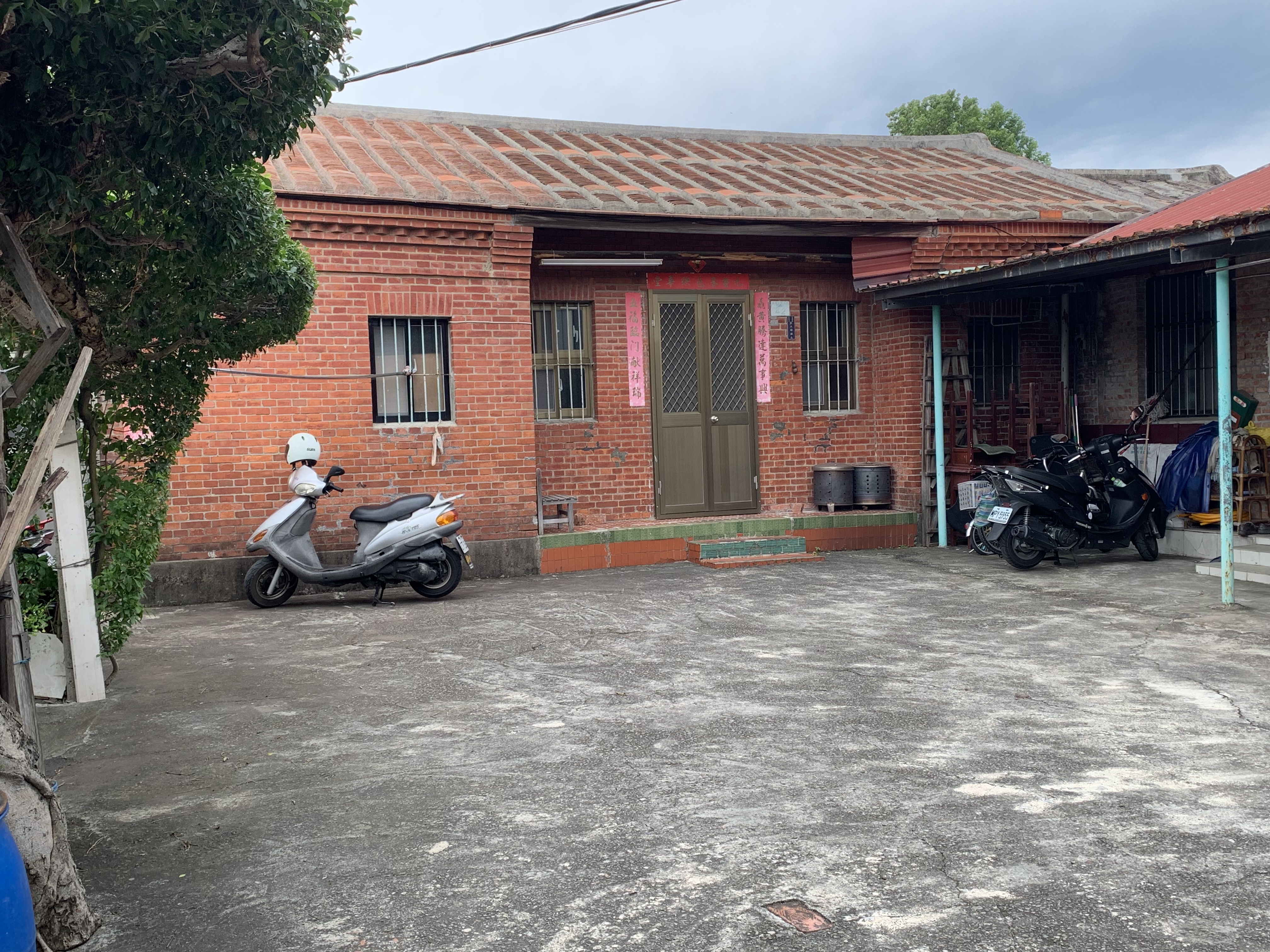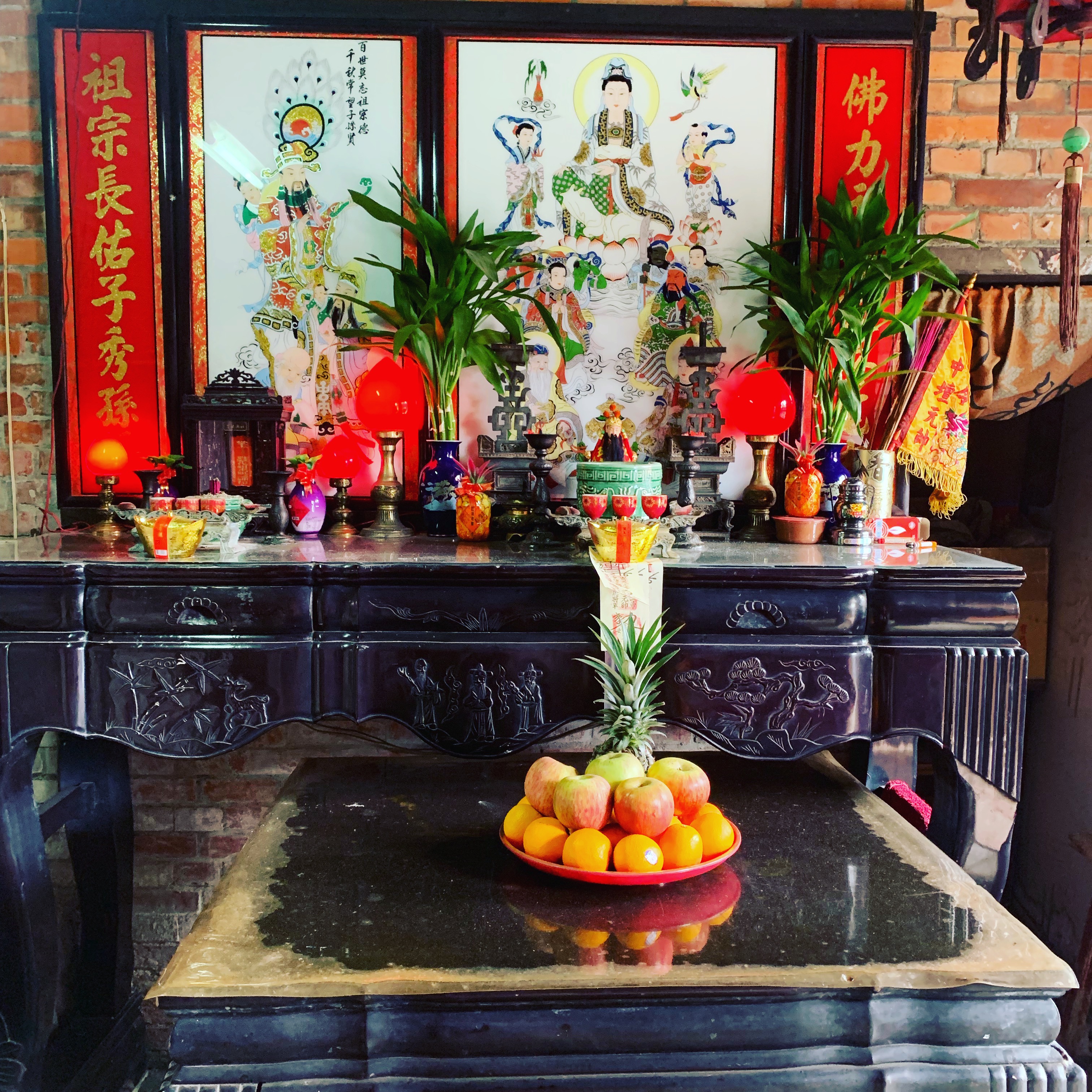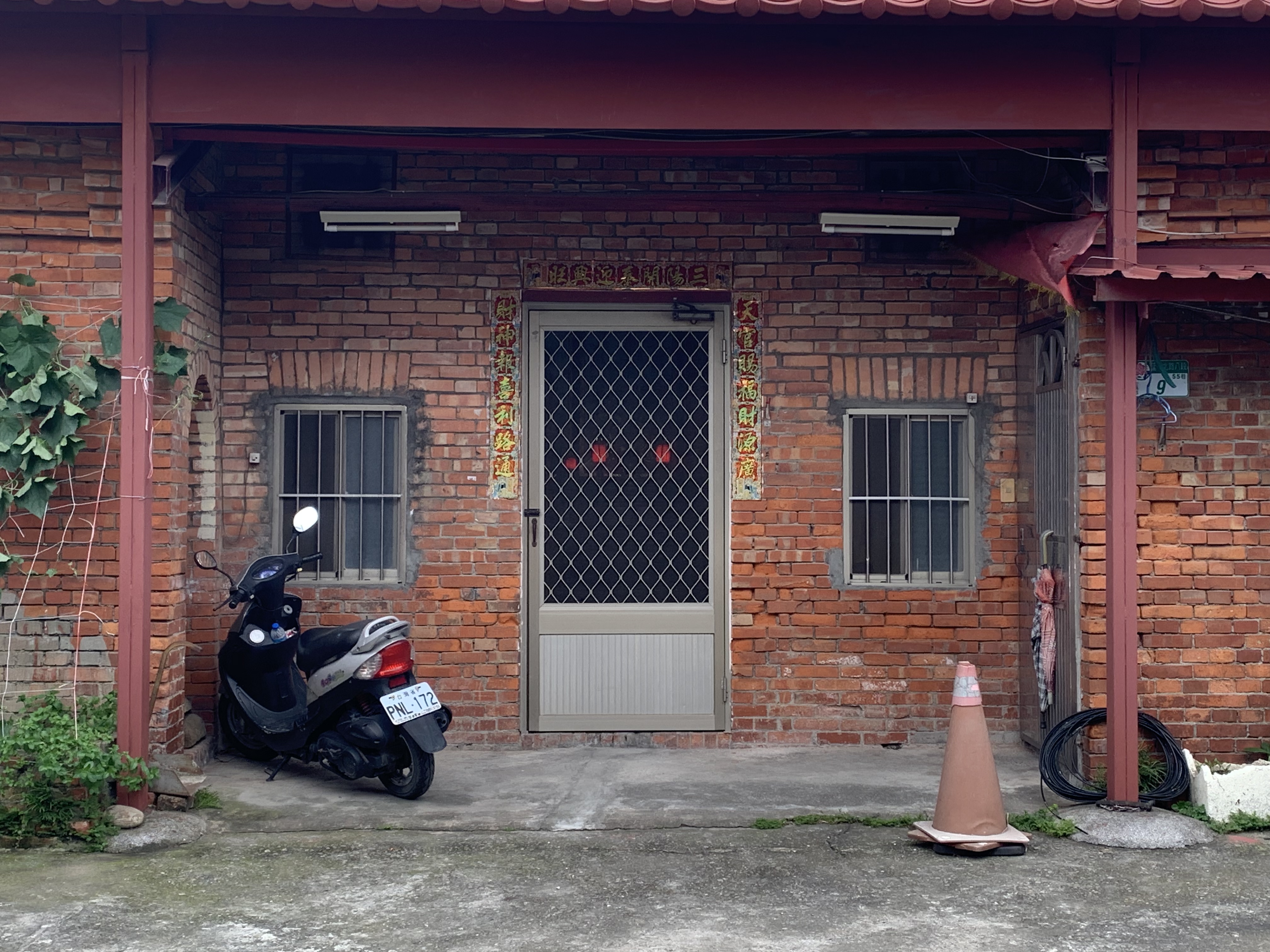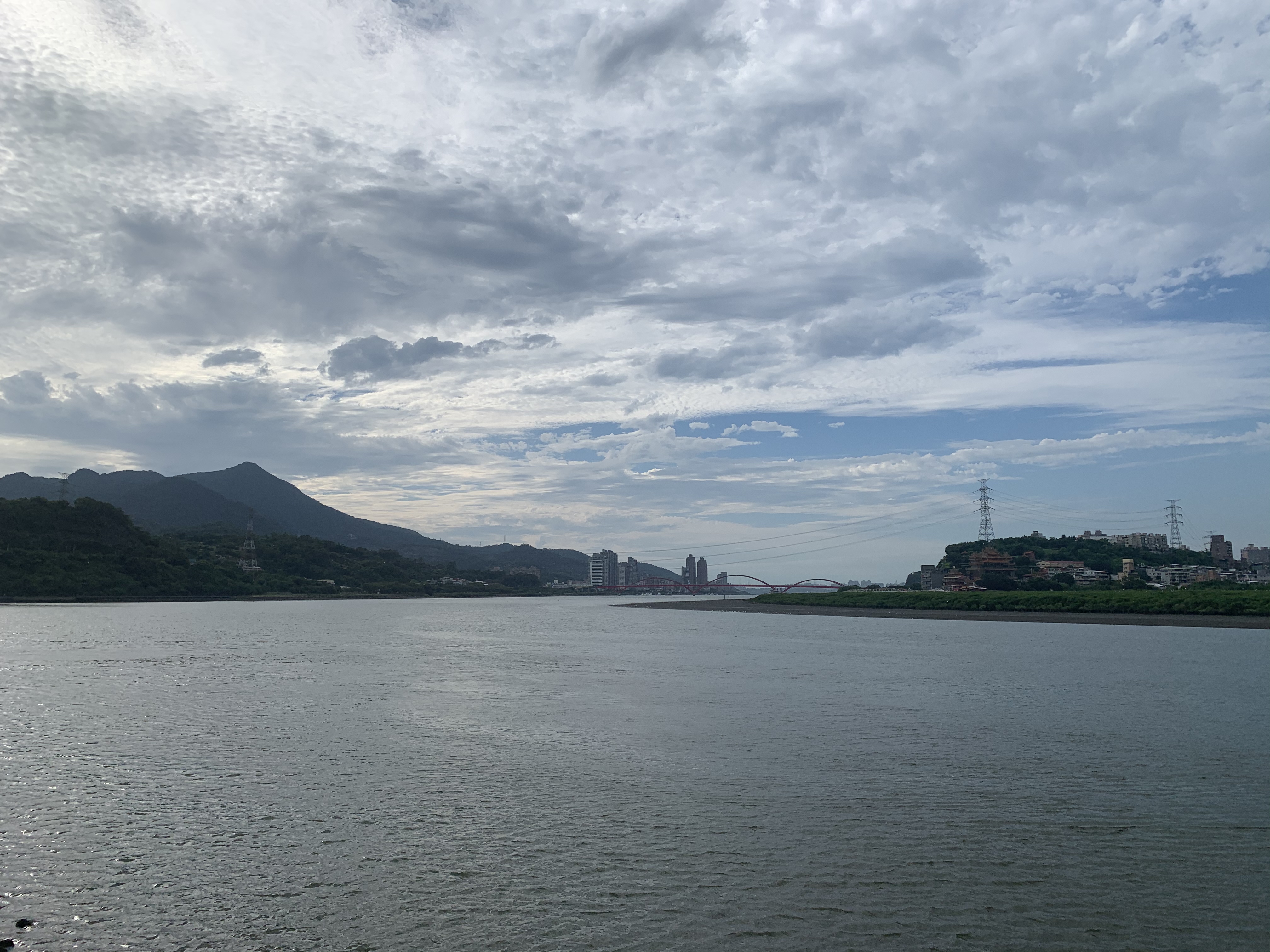I don't have a good photo, but this captures how I feel about the entire slimy brokerage system.
Over the past few weeks there's been an ongoing feud between the Indonesian government and the Taiwan Ministry of Labor, and I'm going to state without hesitation that Indonesia is almost entirely in the right, and the Taiwanese government is almost entirely in the wrong.
According to the Taipei Times, as COVID19 recedes in Asia and recruitment of foreign blue-collar workers resumes, the Indonesian government informed Taiwan that Taiwanese employers of foreign workers would be expected to pay 11 types of recruitment fees beginning on January 1st. These include:
...labor brokerage fees in Indonesia for caregivers, domestic workers and fishers; and the costs of labor contract verification, criminal records certificates, overseas social security premiums and overseas health checks, as well as transportation and accommodation in Indonesia prior to departure, the ministry said.
The Taiwan Ministry of Labor has rejected the request, giving a few reasons. First, that more information is needed on these fees, as it's not clear how much they would amount to, and second, that there's an agreement in place that all changes to foreign worker recruitment must be negotiated bilaterally before they are put in place.
That sounds reasonable on its face. If there's already an agreement that changes must be bilaterally negotiated, it would make sense to insist on sticking to that. The lack of clarity regarding what the costs actually are would be a reasonable issue to bring up. "Asking for more information" also seems like a sober move. Any government would want to ensure that its citizens are not exploited.
This is what I would say if I believed that when it came to foreign workers, the Ministry of Labor was acting in good faith. That is, I would have to believe that if the Indonesian government came to the Taiwanese government with a list of issues with the current fee system, that the Ministry of Labor would be amenable to working out a fairer deal for the workers, even if it meant meaningfully dismantling the brokerage system and putting some fees on Taiwanese employers.
Do you think that that's how it would go? Because I have...doubts. The Taiwanese government promotes its human rights record extensively, at least when it comes to Taiwanese citizens. Yet shows shockingly little interest in protecting the human rights of foreign blue-collar workers residing in Taiwan.
There is a clear power imbalance between relatively wealthy, industrialized Taiwan, where there is a market for overseas labor, and Indonesia, where that labor might be recruited. There is also a massive power imbalance between employers -- families desiring foreign home care employees, factory owners and companies, and fishing concerns -- all of whom have more resources than the workers they are looking to hire.
When talking about unknown costs that might impact employers, it's crucial to remember that the system is already exploitative towards Indonesian workers. They often end up in debt before they even leave Indonesia, as a lot of these costs are foisted on them:
Migrant workers and workers’ rights groups have long complained about having to fully bear pre-employment costs. The problem lies in the current hiring system, which allows brokers to charge migrant workers exorbitant fees that usually take years to repay and require loans even before the workers depart for Taiwan, the groups said.
I find it hard to believe that the people recruited know the costs involved before they sign up; if they're not clear to the government, how are they clear to the individuals recruited? And yet, they're expected to pay. Although much of this happens to workers residing in Taiwan, the Ministry of Labor has seemed fine with it so far.
If the government truly cared that the costs were unclear, then they would have done something about it by now rather than letting brokerage firms saddle those least able to pay with the burden.
In fact, the Taiwanese government does not have a good track record at all when it comes to the treatment of foreign blue-collar labor. Foreign domestic workers (who make up more than half of the workers in question) have fewer protections as they are not covered by the Labor Standards Act, and abuse is rampant. Slavery -- as in, you are going to work for me and I am not going to pay you, and if you disobey I will beat you -- is frighteningly common on Taiwanese fishing boats, to the point that I've mostly given up eating seafood in Taiwan. Rather than dealing with this, the government has been planning to exempt fishing workers from mandated overtime and work hour limits, in effect legalizing the exploitation. Foreign factory worker abuses are routinely uncovered. The brokerage system piles many more fees on top of this process, all of which fall on the heads of people who are already poorly paid. It gets worse. From the original Taipei Times article:
In addition, the brokers usually side with employers to exploit migrant workers, forcing them to perform jobs that are not in their contract, migrant workers’ rights advocates have said.
That's not even the worst of it. They also make it harder, not easier, for abused workers to get help when they need it. In what I believe is the same case linked above, it was clear that the brokerage agency first told the worker "not to get pregnant" rather than help her deal with being raped. In a recent case, an alleged sexual assailant of a newly-arrived Indonesian worker was a broker himself. In another, it was a town councilor.
The Ministry of Labor is surely aware of this. It's been extensively reported on, as shown by the links above, yet it continues. When their first priority is making sure that well-resourced Taiwanese (including families that can afford to hire a domestic worker) get the best possible deal regardless of how it impacts the foreigners who take these jobs, do you trust them to negotiate fairly with the Indonesian government to fix one small part of the system -- the fees?
Me neither.
Once here, workers are routinely subject to discrimination and outright racism. One small example (and not even of the worst kind) popped up in my own community, where someone posted signs in large Bahasa Indonesia script admonishing people not to litter, with a much smaller Chinese translation below. The Indonesians in the neighborhood aren't the litterers, though -- it's mostly local teenagers who take over the community picnic tables after dark, and the occasional thoughtless grandpa.
Every time people like me (that is, foreign professionals, often from wealthy Western countries) complain about some way in which the government doesn't factor our existence into their policies, we must remember that foreign blue-collar workers face the same issues, with far worse on top of that.
Any government would want to ensure that its citizens are not exploited, and the Indonesian government is trying to do just that. They are quite smart to see that the Taiwan Ministry of Labor is never going to make it easy to give these workers a fair deal. It makes sense, looking at that power imbalance, and the way such workers are already treated, that they would unilaterally insist on a change.
The brokerage system simply needs to be abolished; it offers little or no value. I know some Taiwanese employers prefer using it, but they would still be able to recruit workers without it, with far less inconvenience than the workers currently going through it face.
Most of the other fees should always have been paid by the employers. Flights, contract verification fees, health and criminal checks? If your labor is desired so much that an employer in a foreign country is willing to go to the effort to recruit you, then they need to pay such fees, period. That would be true even if they weren't then offering low wages to the workers. Frankly, any school who wants to hire foreign teachers should also be paying for all of this, and the only reason to complain less about it is that (mostly unqualified) English teachers hired to work in buxibans generally have more access to resources than foreign blue-collar workers, and a better solution would be to cultivate more Taiwanese talent for English teaching jobs. That doesn't make it right, though.
The only good point that the Ministry of Labor has is that clarification of the fees is needed. Despite the concern being raised by Taiwan Report, it's highly unlikely that any worker would -- or would be able to -- spend exorbitant sums on pre-travel expenses in Indonesia, but forcing clarification on brokerage fees would shine a light on a slimy, diseased system and just might disinfect it a little.
Of course, that would make the brokerage firms unhappy as they thrive, like bacteria, on that lack of clarity. It makes exploitation possible. And the Ministry of Labor is clearly more interested in allowing the brokerage system to continue and lowering costs for Taiwanese employers rather than ensuring that all residents of Taiwan, including foreign workers on its soil, are treated fairly.
And, again, if they actually cared about clarifying the fees, they would have done so back when the country's most vulnerable residents were forced to go into indentured servitude to pay them.
Instead, the government is allowing recruitment from other countries to cover the expected dearth in employees from Indonesia. There seems to be little interest in fixing the same system that exploits Indonesian workers, which will then presumably be able to shift its infected focus on workers from other countries.
No worker should be pushed into a pay-to-play system: there shouldn't be fees required when taking a job. If Taiwanese employers want foreign workers enough to go to the trouble of recruiting them, they should be able and willing to pay for that, period, not foist associated costs onto the very people they are hiring.

